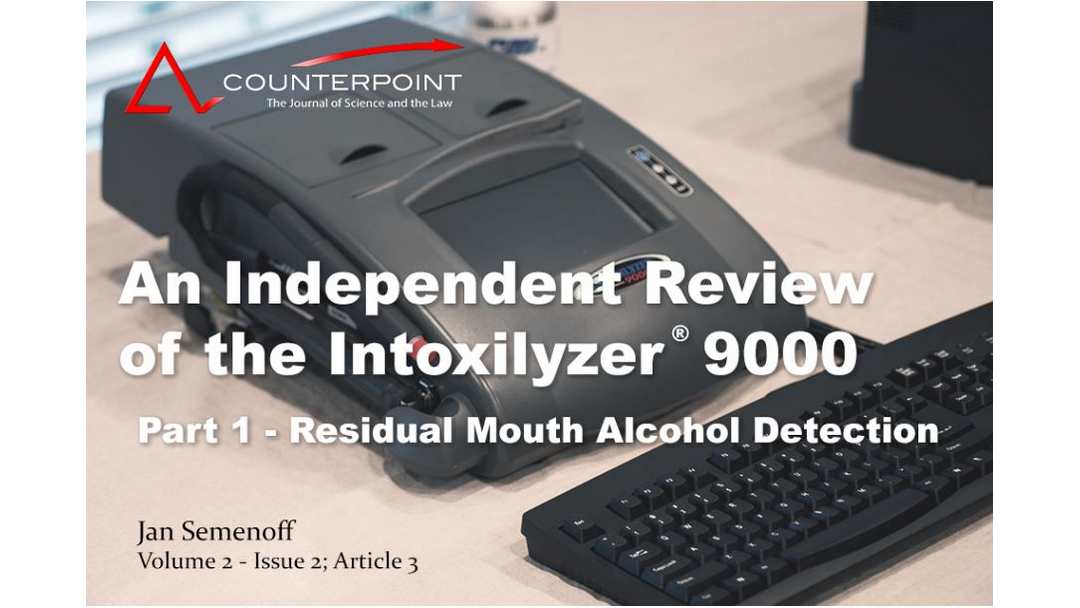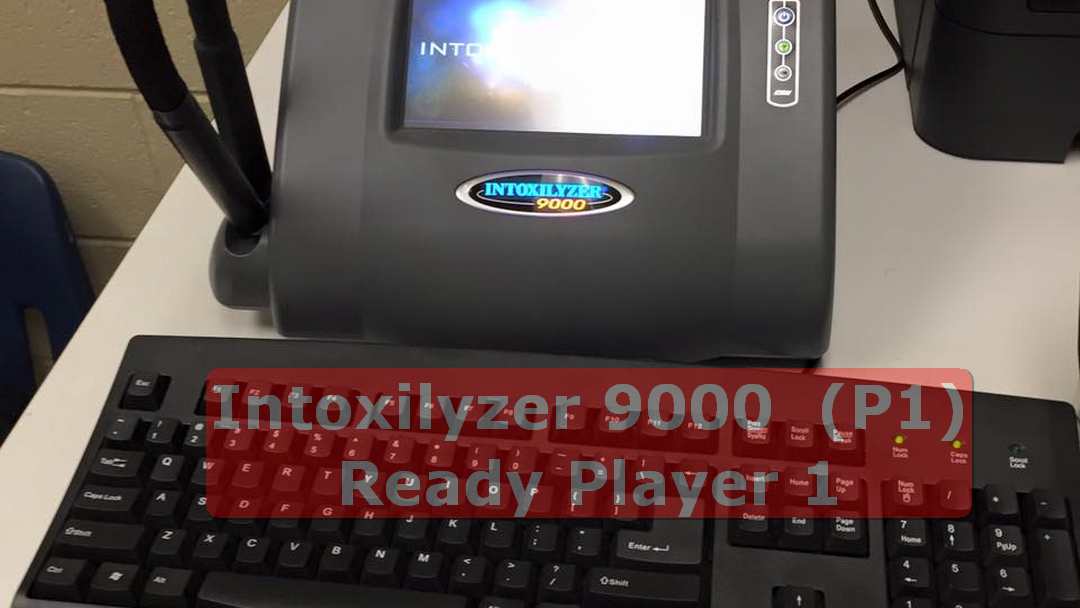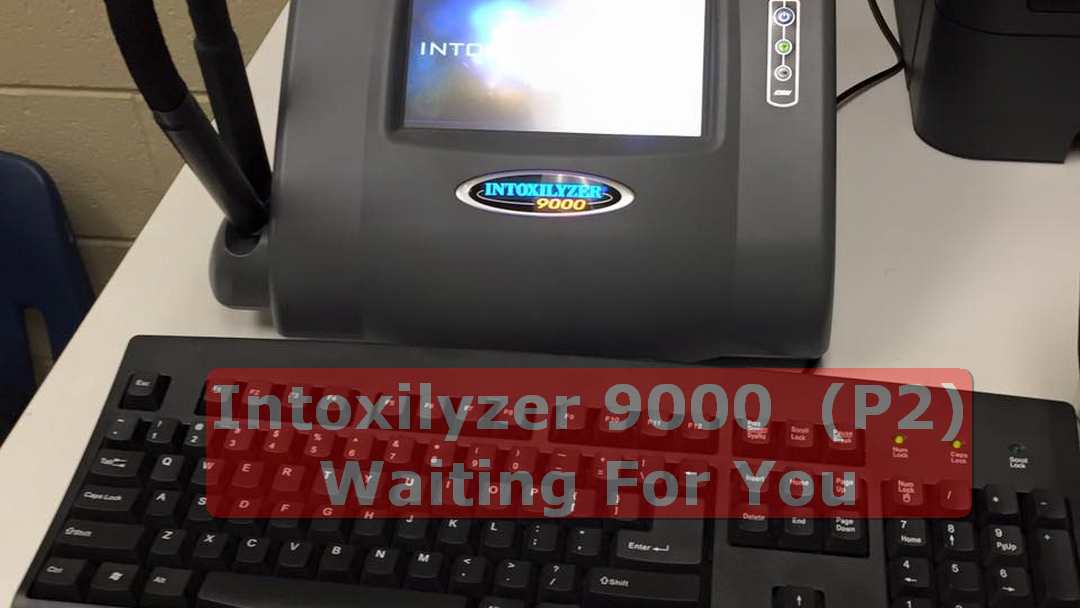The federal U.S. Sentencing Commission (USSC) has approved a revised amendment to sentencing guidelines, advising judges to adopt a more lenient approach towards prior marijuana possession offenses.
Members of the commission voted to approve a range of amendments to the current guidelines, incorporating a multi-part revision of criminal history.
This revised version now encompasses cannabis possession as a compelling illustration of an offense that typically necessitates contemplation for sentencing discretion.
As it currently stands, federal judges are instructed to consider previous convictions, which include cannabis offenses at the state level, as aggravating factors when determining sentencing for new cases.
But as legalization of marijuana expands to more states, advocates have been advocating for revised guidelines to prevent an individual’s marijuana-related record from contributing criminal history points that could result in harsher sentencing.
The proposal does not aim to completely eliminate marijuana convictions as a factor in criminal history. However, it suggests modifying the commentary within the guidelines to consider instances where a downward departure from the defendant’s criminal history may be appropriate, specifically mentioning sentences resulting from possession of marijuana offenses.
“While marihuana remains a Schedule I controlled substance under the federal Controlled Substances Act (CSA), subjecting offenders to up to one year in prison (and up to two or three years in prison for repeat offenders), many states and territories have reduced or eliminated the penalties for possessing small quantities of marihuana for personal use,” it notes.
The term ‘downward departure’ refers to situations where federal judges exercise their discretion to impose sentences that are below the recommended minimum under current guidelines.
It is crucial to recognize and explicitly acknowledge that mere possession of cannabis, without any intent to sell or distribute it to others, presents a compelling case that warrants leniency in sentencing.
By doing so, we uphold the principle of fairness and ensure that appropriate discretion is exercised in such circumstances.
USSC’s report in January exposed a disturbing reality: countless individuals faced harsher federal prison sentences as a consequence of their prior convictions on cannabis possession charges in states that have since enacted reforms to marijuana laws.
The revised guidance is on track to be presented to Congress by May 1 2023, and once accepted without opposition from lawmakers, the amendment will officially take effect on November 1.
Follow up…
More Posts

MI Lawyer Weekly – Michigan’s Go To Lawyers for Cannabis Law
Please join us in congratulating our inaugural Michigan’s Go To Lawyer for cannabis law. Michael Komorn, Komorn Law, Farmington HillsMichigan Lawyers Weekly is pleased to announce the inaugural “Go To Lawyers” for cannabis law. Now in its fifth year, the “Go To...

I got a DUI while driving my dad’s boat – Will they take it?
I was out driving my dad's boat on the lake and I got caught drinking. Can they take the boat away from my dad who was not with me?Happy Father's Day - DadNo, in most cases, they likely won't take your dad's boat away for you getting a DUI while driving it. They Could...

Boating in Michigan on Alcohol and Drugs – It’s Illegal
If it's got a motor, it's a BUIWe got lakes, we got boats, we got alcohol, we got cannabis all the fun you can possibly find on a holiday weekend in the summer. Just don't combine them all or you'll be calling us or your cousin Vinny. Operating a Boat Under the...

Alcohol, Drugs, Kayaking – It could be a problem
Can I drink alcohol and smoke cannabis if I'm canoeing or kayaking or tubing or paddleboarding or just floating around?While Michigan law doesn't explicitly forbid consuming alcohol on non-motorized vessels like canoes or kayaks, it's strongly discouraged for safety...

Redefining Impairment: Beyond THC Levels in Roadside Testing
Redefining Impairment: Beyond THC Levels in Roadside Testing In recent developments that promise to reshape our understanding of cannabis use and road safety, a federal government report has cast significant doubt on the efficacy of using THC levels as a benchmark for...

An Independent Review of the Intoxilyzer 9000
An Independent Review of the Intoxilyzer 9000 Part 1 - Residual mouth alcohol detection Counterpoint Volume 2; Issue 2 - Article 3 (August 2017) An article in the Core Skills III-2 Module Jan Semenoff, BA, EMAForensic CriminalistThe opportunity to conduct an...

The Intoxilyzer 9000 (part 1)
The Intoxilyzer 9000 (part 1 of 2)Roll-Out The Michigan State Police (MSP) initiated Intoxilyzer 9000 (Intoxilyzer) training for police officers statewide, commencing in 2023. In order to participate, officers were required to complete both preliminary breath test...

The Intoxilyzer 9000 (part 2)
The Intoxilyzer 9000 (part 2 of 2)Using it The Intoxilyzer is user-friendly and equipped with a built-in feature to alert officers of any potential issues. As a precautionary measure, officers are specifically advised to switch off their portable radios prior to...

How DUI Charges Impact Your Child’s Future
In Michigan driving is considered a privilege. with this privilege comes immense responsibility, especially when it comes to driving under the influence (DUI) as well as other responsibilities. The consequences of youth DUI extend far beyond the immediate legal...

FAQs About Restoring Your Drivers License in Michigan
Frequently Asked Questions about Restoring Your Driver's License in MichiganHere's what you need to knowWhat are the steps to restore my driver's license in Michigan? The steps to restore your driver's license in Michigan vary depending on the reason your license was...










